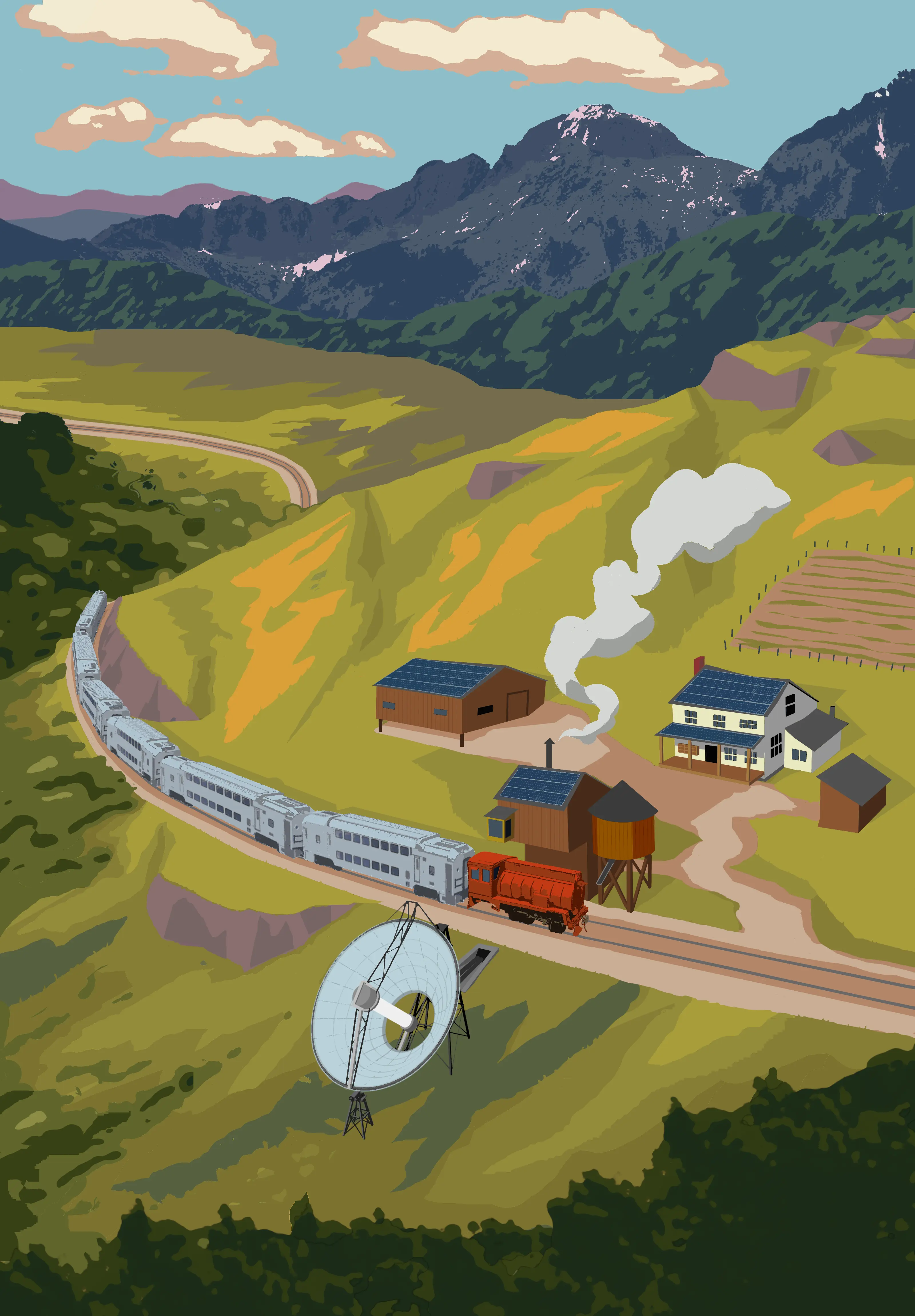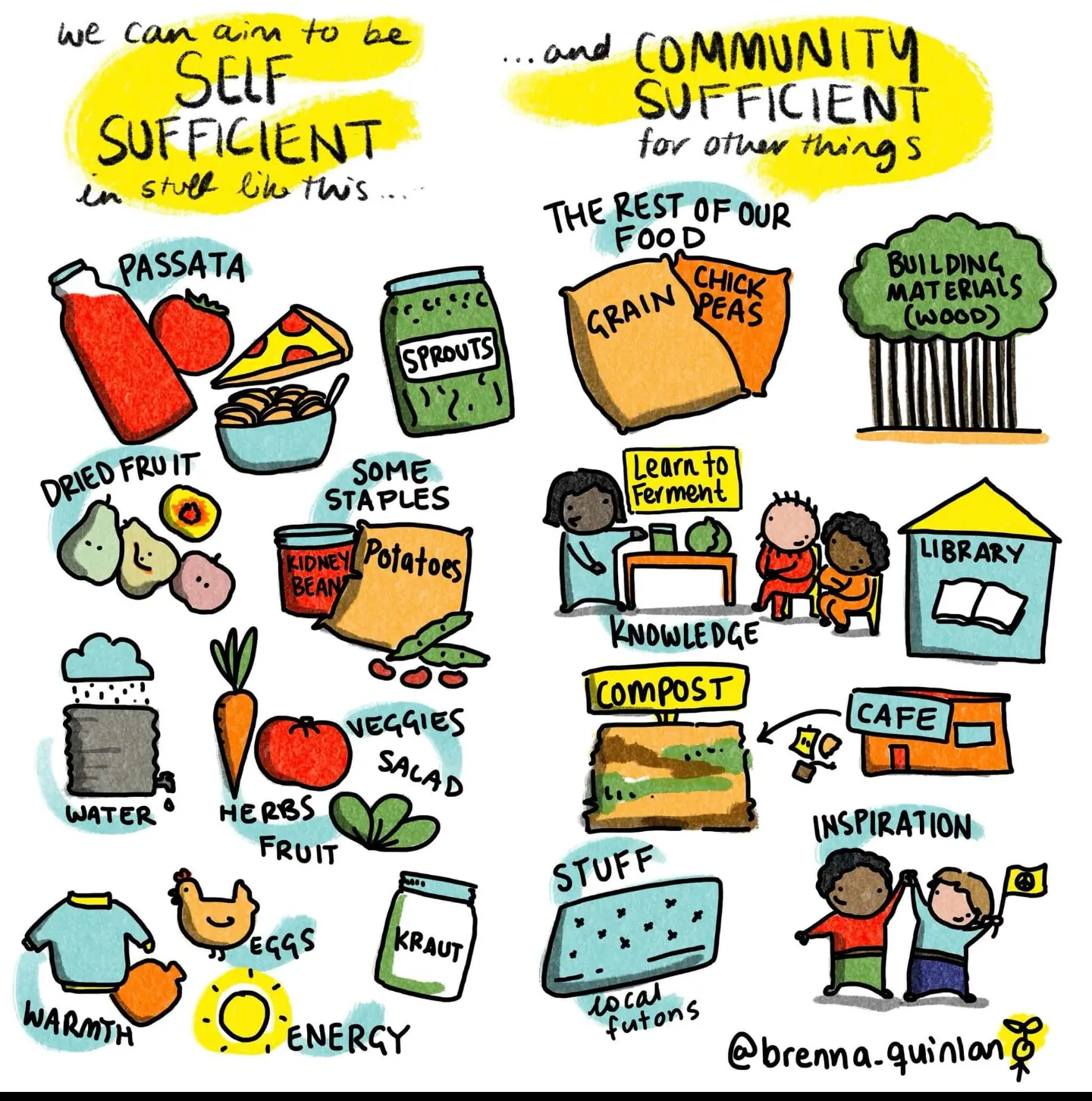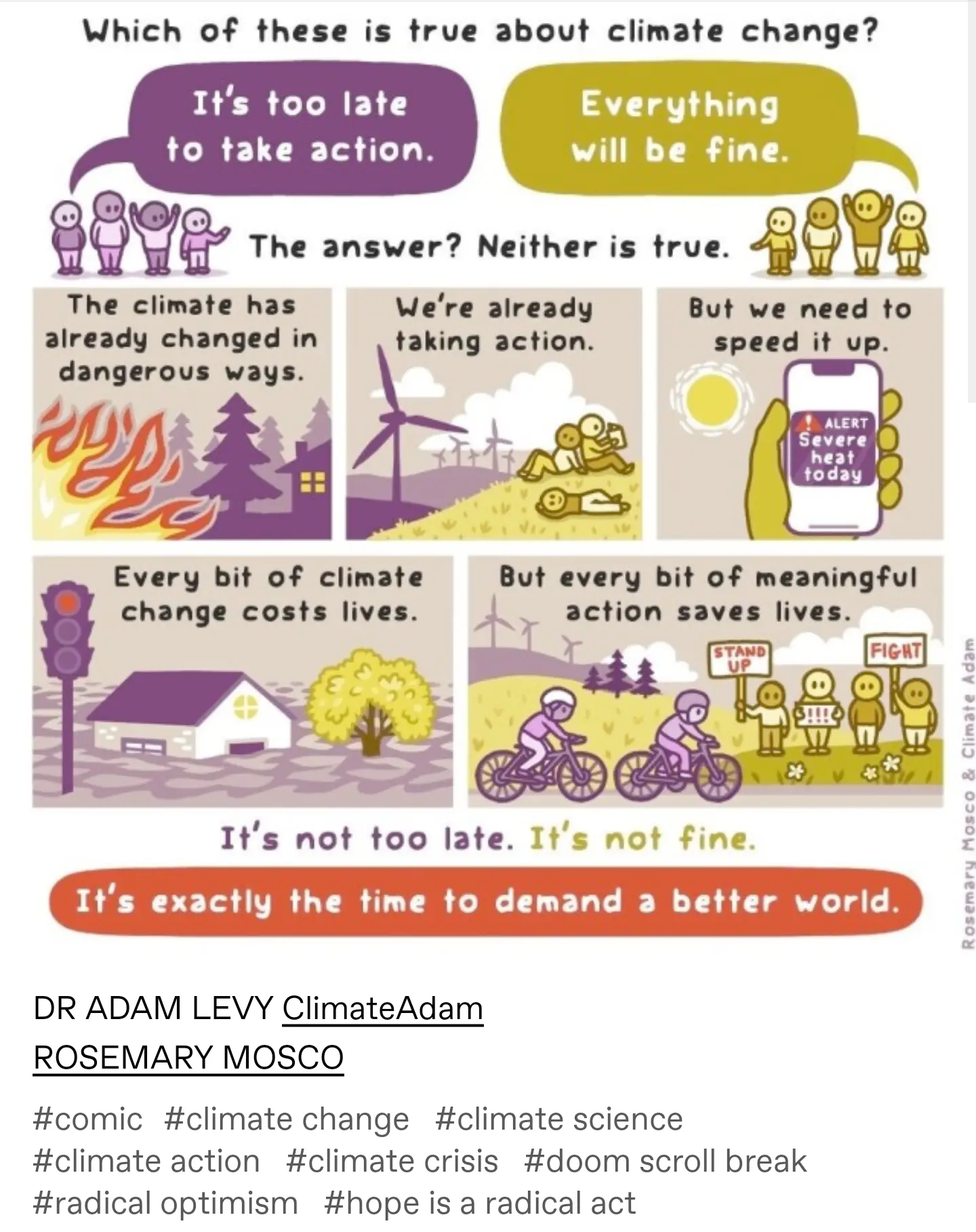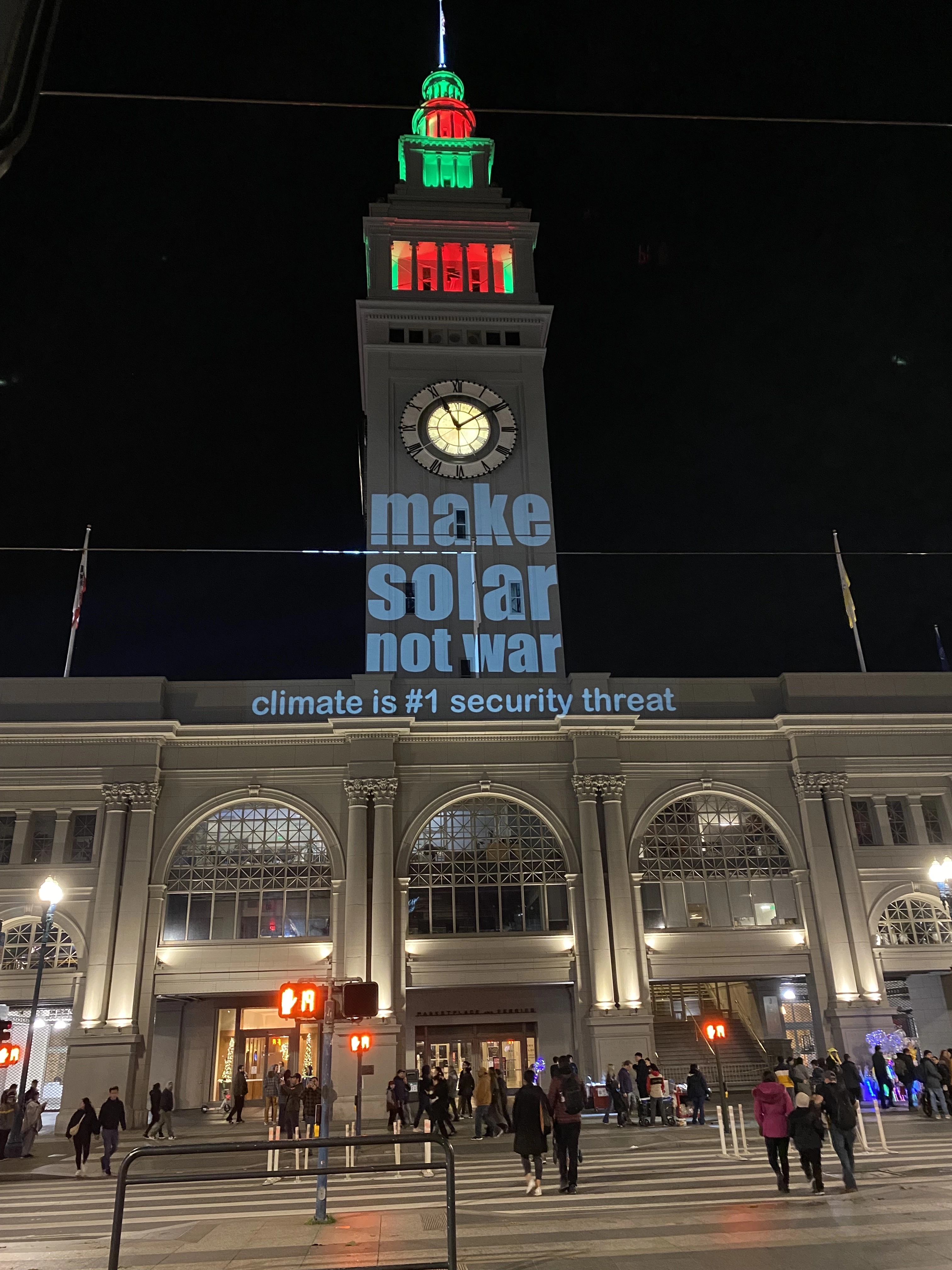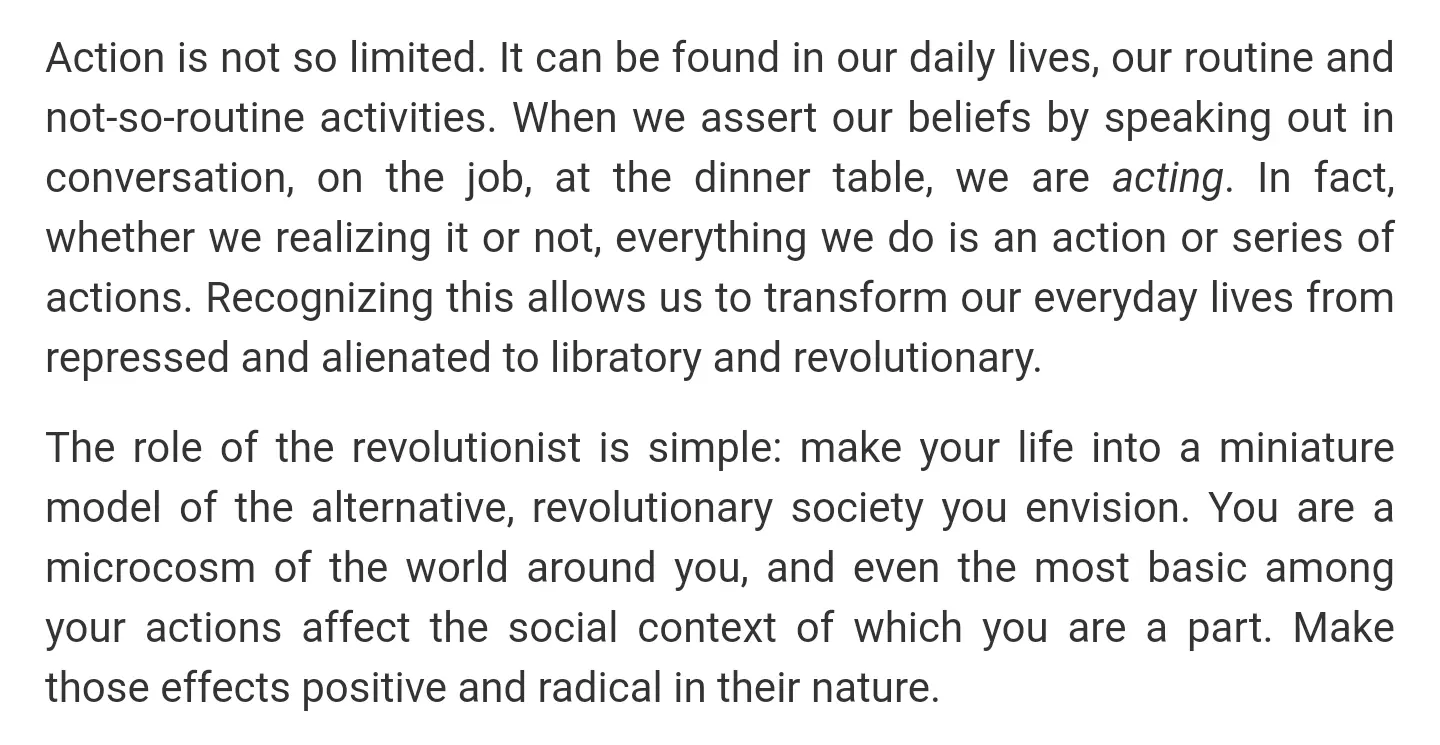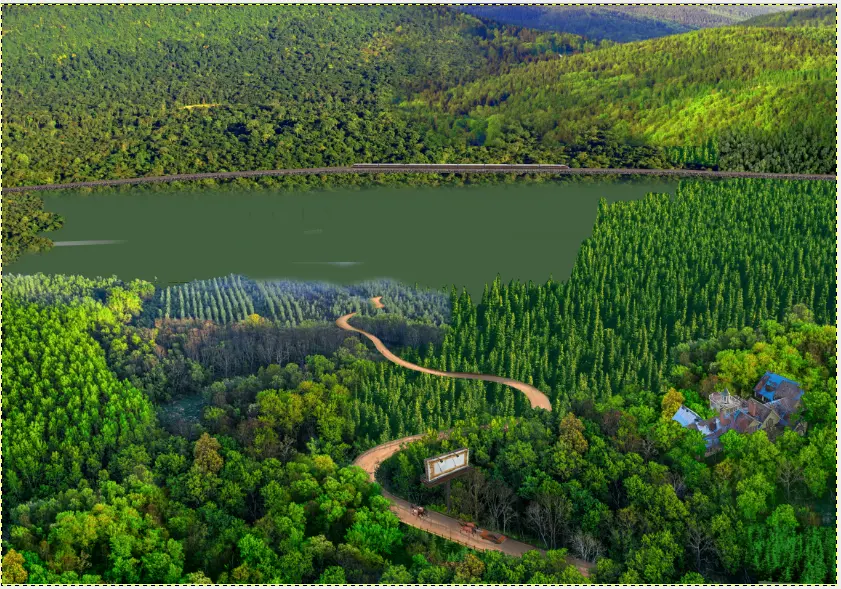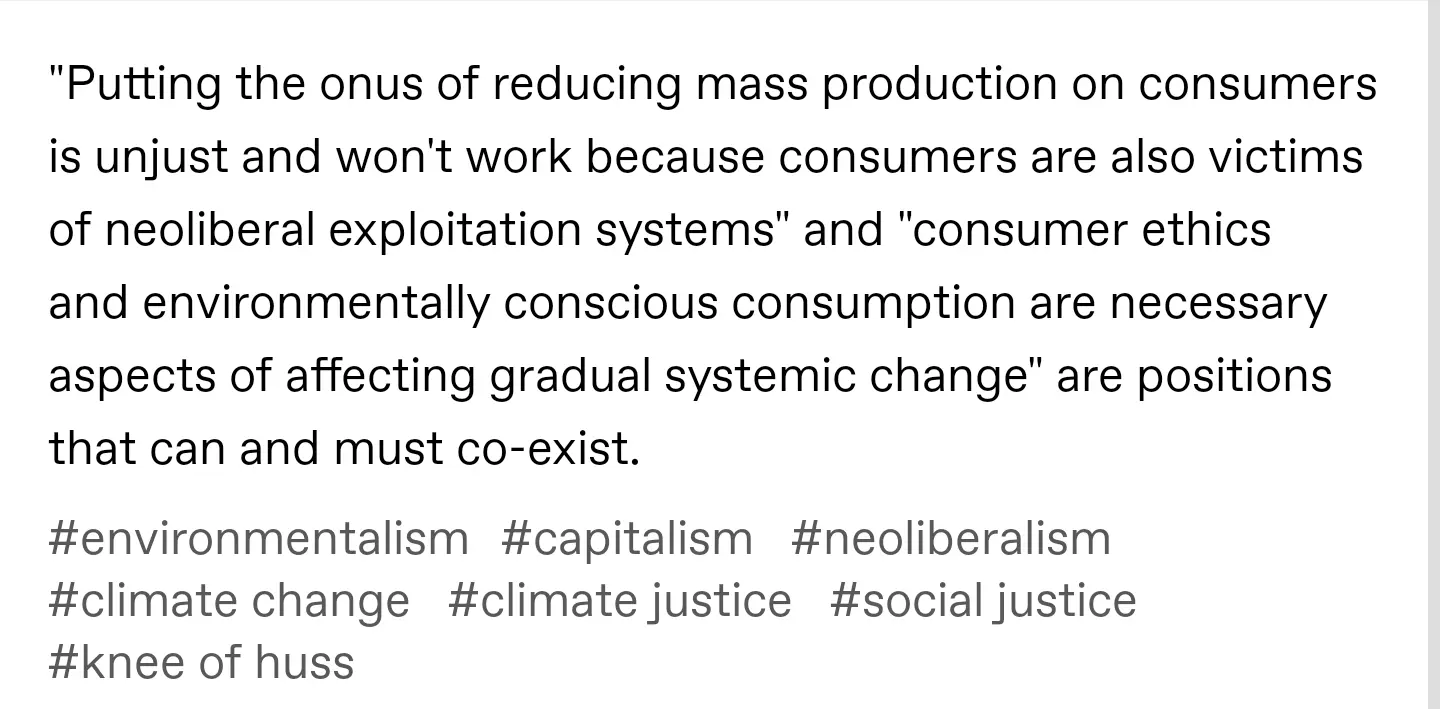One of my goals for my postcard series is to show a rebuilding society that prioritizes reducing waste and externalities, and examining what weird technologies might appeal to them because of those goals/limitations. So I've been wanting to do a scene of a caustic soda locomotive ever since I first heard about them.
Soda locomotives were a type of fireless steam locomotive that barely made it out of the prototype phase, where the boiler is surrounded by a tank of ‘caustic soda’ (usually one of several possible chemicals), which generates heat when mixed with water. The heat produces steam in the boiler, which is used to drive the pistons, but instead of being released, its condensed and added to the soda to create more heat. This goes on until the soda gets too dilute to produce more heat, but it can be 'recharged' by drying it out again.
These never really took off because it took more coal to dry the soda at the station than to just run a conventional steam locomotive, and electric trains quickly came into their own and filled the niche of quiet, low-pollution trains for inside cities and tunnels.
But I feel like these could pair well with solar steam generators (another late-1800’s design) stationed along the tracks, to create analogue, solar-powered trains. These could run on existing unpowered tracks, without requiring any new electrical infrastructure, just the isolated drying stations.
The train crew would just exchange wet soda for dry and start again (looks like that took about 45 minutes). The cool thing is that this arrangement could be asyncronous - the station can dry out the caustic soda, then store it for when the train shows up. The train can run on cloudy days or at night, as long as they get enough sunny days to dry out big batches of soda at the stops along the way. And the solar concentrators can be huge and optimized for their location because they don’t have to move.
The focus of these postcards isn’t on technological utopias so much as on societies that are reexamining how to do things as they rebuild, anachronistically combining all kinds of tech. So trains and solar concentrators built with 1800’s technology seem like an easier starting place.
The concentrators require fairly simple materials (mirrors or polished metal) and math to make (plus some simple mechanical timing or basic motors/electronics to get them to follow the sun without a human turning a crank).
Most of the descriptions I've seen of drying the caustic soda mention pumping superheated steam through the dilute mix from another (coal) boiler, so it seems like you could use almost any design from the earliest solar steam generators to something like these modern ones depending on the society’s manufacturing capabilities. The solar concentrator/boiler I referenced for the art is a design from 1901.
(The most common modern design for solar steam generation I've seen is that sort of mirrored-trough-and-vaccum-lined-tube system. I mostly went with the big round reflector because I was worried the trough design wouldn't read as distinct from photovoltaic panels in this art style.)
The trains could run with minimal pollution using these simple technologies, and even if their range is lower, or they're not as fast, that might be a trade off this society would accept.
Ideally they would use existing tracks and passenger or freight cars, and only need new infrastructure around whatever station fueled them up on their route (or at a destination). I think this applies to the compressed air locomotives just as well as the caustic soda ones.
(If you don’t like the idea of caustic soda locomotives, but you still want this idea to work, another option with a shorter range is compressed air locomotives. Instead of drying the soda, the station would be using a solar steam engine or windmill or water wheel to run an air compressor, steadily filling a tank which would be used to top up locomotives on their route. This would still allow for isolated infrastructure to power a train along unpowered rails. IRL these mostly saw use in mines.)
The locomotive in the scene is based on a real-life fireless locomotive. They’re similar, but filled with super-hot steam by external sources. They seemed like a good reference for what a caustic soda locomotive might have looked like had the concept reached a more polished, production format. But they don’t really fit my goal for tolerating intermittency as they’d need the heat source to be going when they stopped for a refill.
